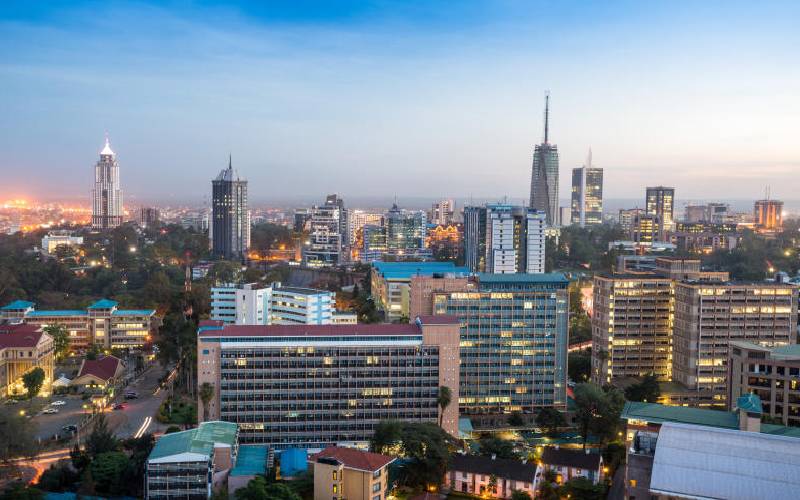×
The Standard e-Paper
Smart Minds Choose Us

A city is the window through which visitors get a glimpse of a country. The daytime excursions, the nightlife, the food, the demeanour of the locals, all create a lasting impression on visitors. Ideally, a city is a boiling cauldron where the hottest cultural mix is daily served. Growing up upcountry, we always looked forward to that first trip to Nairobi. Those who returned from the city after going there to work or study, wore an aura of sophistication and finesse uncommon among the villagers.